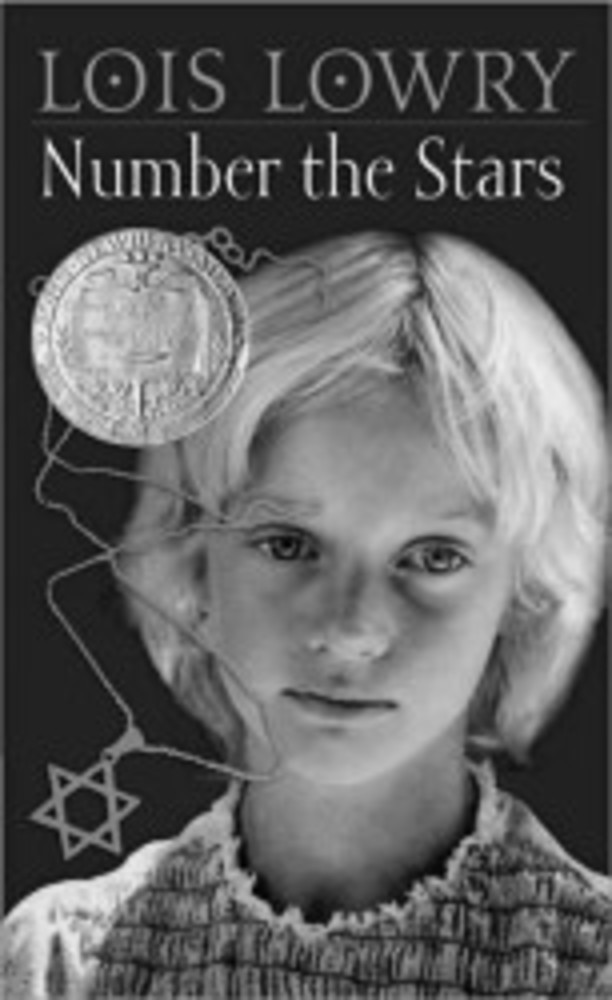Too young to learn about the Holocaust?
 My fourth grade class at The Jewish Community Day School of Rhode Island (JCDSRI) just finished reading the historical fiction “Number the Stars” by Lois Lowry. This book provides a gentle introduction to the Holocaust as it tells the courageous story of a friendship between a Jewish girl and her non-Jewish friend in war-torn Denmark. In the past few years as I have read this book with my class, we had some thought-provoking discussions and writing assignments, and then the unit wrapped up. This year was different.
My fourth grade class at The Jewish Community Day School of Rhode Island (JCDSRI) just finished reading the historical fiction “Number the Stars” by Lois Lowry. This book provides a gentle introduction to the Holocaust as it tells the courageous story of a friendship between a Jewish girl and her non-Jewish friend in war-torn Denmark. In the past few years as I have read this book with my class, we had some thought-provoking discussions and writing assignments, and then the unit wrapped up. This year was different.
My inquisitive fourth graders were not ready to end the unit. They had more questions, and they wanted to learn more about the time period and the people involved in their Jewish history. As a teacher, this is an area where I have always treaded lightly. While it is so important to teach them the truths and lessons of the past, I didn’t want to frighten or traumatize them with any of the unimaginable and horrific details of the concentration camps and how so many Jews were killed and tortured. Were they ready to hear more Holocaust stories or were they just too young?
I finally decided to take this unit a step further, and I showed the class the documentary film “Paper Clips.” This movie tells the story of a middle school in Tennessee that decided to study the Holocaust even though there was not a single Jew living in that town. The school ended up collecting over 6 million paper clips to represent the lives lost during the Holocaust. They even constructed a memorial museum right on their school campus.
I thought we would stop there, but my students still yearned for more knowledge and a personal connection to their past. One of my students has a grandfather from Poland who escaped the war as a child. Through a conference call, he shared his powerful story with the class. After that interaction, the students wanted to meet an actual survivor face to face so that they could ask some questions directly and form a relationship and personal connection with a living piece of history.
Alice Goldstein visited JCDSRI on March 31. She shared her Holocaust survival story with the children, and they were captivated by her strength and courage. She was able to retell her story without providing some of the graphic details of death and suffering. I can honestly say that I don’t think this is an experience the fourth graders will ever forget. I realized that as their teacher, I needed to follow their lead about how much they were ready to hear and learn about the Holocaust. I also realized that the opportunity for them to hear these powerful stories directly from an actual survivor was fading. This will not be available to them in the near future.
The children who survived the Holocaust are now grandparents well into their eighties. When Alice was leaving the classroom, she thanked the children for being so polite, for asking so many amazing questions and for simply carrying on the Jewish tradition. I thanked Alice for teaching us all that we are never too young to learn the lessons from our past.
MELISSA KRANOWITZ is a fourth-grade teacher at JCDSRI.







